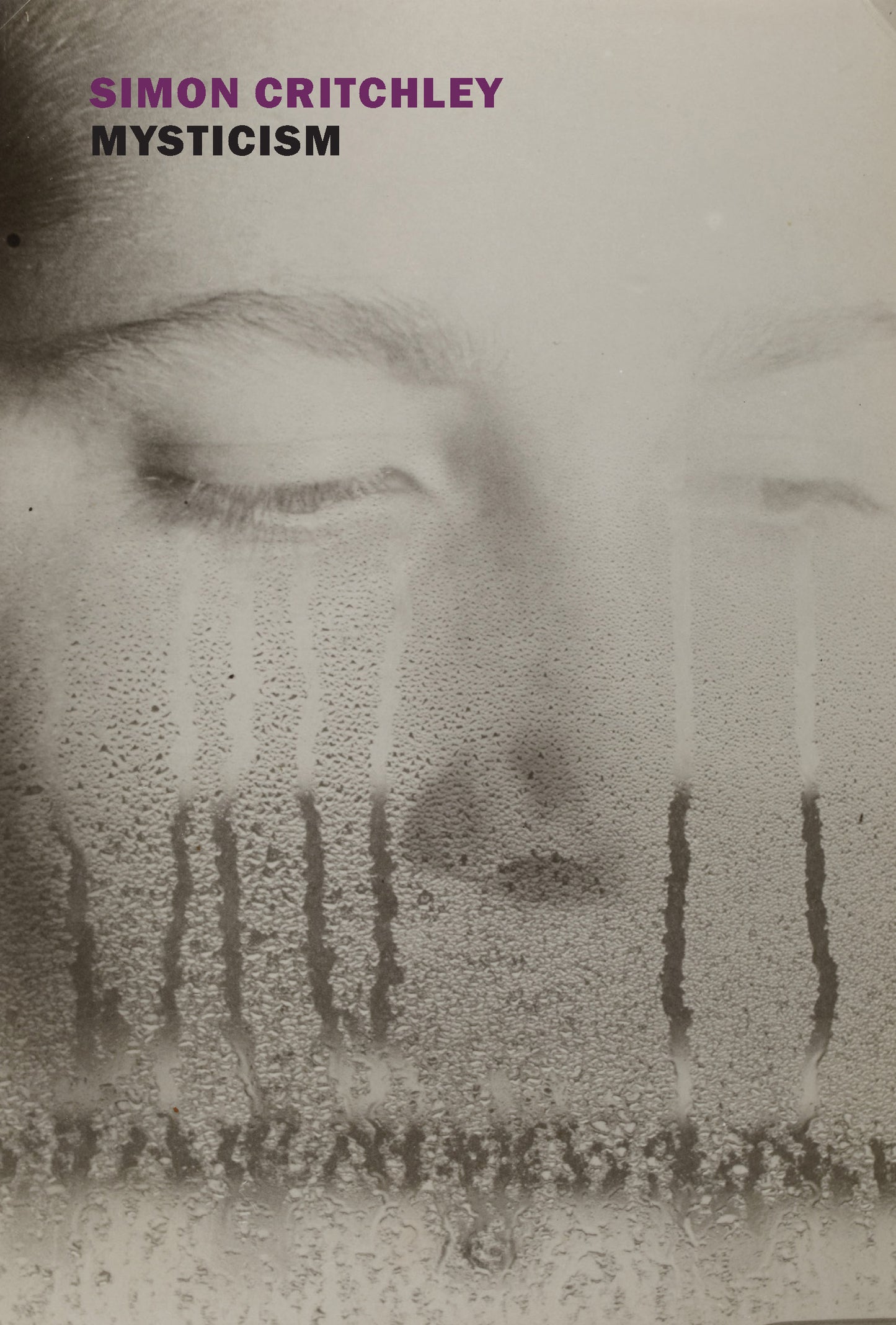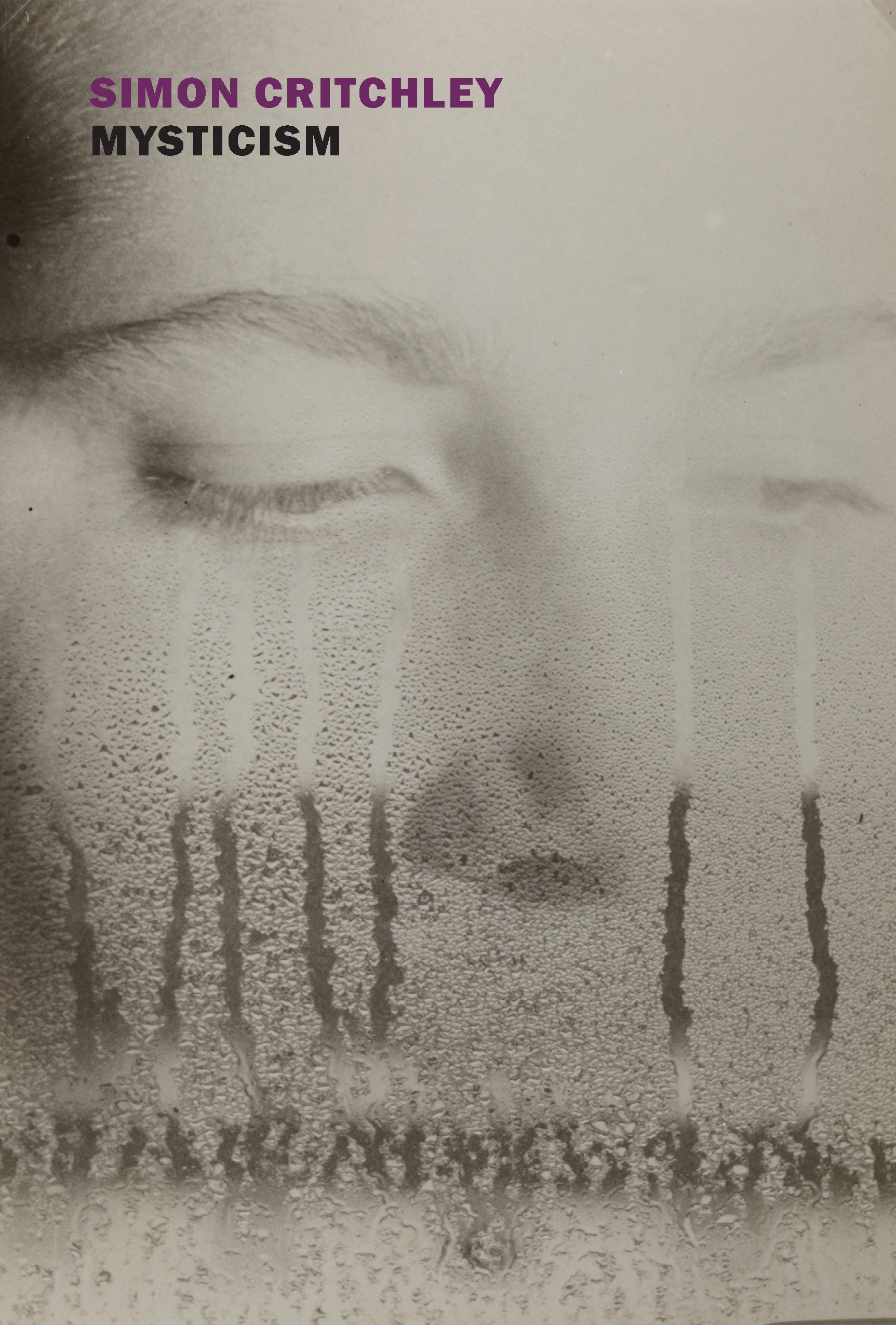Simon Critchley is the most powerful and provocative philosopher now writing about the complex relations of ethical subjectivity and reinvigorated democracy.
—Cornel West
This book does something miraculous: It saves the baby of mysticism from the discarded bathwater of institutional religion. It reminds us that our attention matters, that even in our fractured digital age, ecstasy is possible. That’s not religious hokum. It’s practical, and most of us need reminders of it every day.
—Peter Catapano, The New York Times
Simon Critchley’s work manages the difficult task of drawing both accessibility and depth from his vast range of references.
—Daniel Fraser, The Quietus
Erudite and impassioned, Critchley’s intimate examination of mysticism speaks to a yearning for personal transformation and nothing less than enchantment. A stirring, lyrical meditation on transfiguration.
—Kirkus Reviews
Professor Critchley has a gift for conveying complex philosophical ideas in an easy to understand manner for those not versed in philosophy. Those readers who decide to join him on the journey to mystical experience will find themselves in capable hands.
— Tony Mierzwicki, Pantheos
Critchley is what one might call a "working-class philosopher," by which I mean he sees philosophy as a proletarian concern rather than an elite activity to be practiced in ivory towers. He approaches every subject — be it suicide or soccer — with the same intellectual rigor. The writing is not only deep and philosophical, but approachable and conversational.
—Tyler Malone, Los Angeles Times
Simon Critchley, a philosopher at the New School for Social Research in New York, provides an accessible assessment of the subject that is usually treated in a maddeningly esoteric or academic way.
— The Economist
Critchley is generous without being platitudinous, rigorous but not overbearing.
—Houman Barekat, Vol. 1 Brooklyn
Simon Critchley is a figure of quite startling brilliance, and I can never guess what he'll do next, only that it is sure to sustain and nourish my appetite for his voice.
— Jonathan Lethem
Currently Hans Jonas professor of philosophy at the New School for School Research in New York, he has been named as one of the most influential philosophers today. For all his readability, he is a serious academic. You have to pay careful attention. But it pays off: this book is a real intellectual adventure. “Let us go a little deeper . . .” he announces, and he’s off again, powered by a childlike and communicable curiosity
— Clemency Burton-Hill, The Financial Times
A study of mysticism—defined as an experience, rather than religious practice—by the great British philosopher Critchley, who mines music, poetry, and literature along the way.
—Sophia M. Stewart The Millions
For readers looking to become one with the divine, philosopher Simon Critchley points to lessons from renowned religious mystics in Mysticism (New York Review Books, Oct.). In this book, God is optional, and one can find the extraordinary in the ordinary aspects of life.
— Cathy Lynn Grossman Publishers Weekly
Mysticism is a lucid, genial guide to a body of writing that describes states of being, and intuitions, that belong and don’t belong to the tradition in which its author finds himself.
— Brian Dillon, 4Columns






